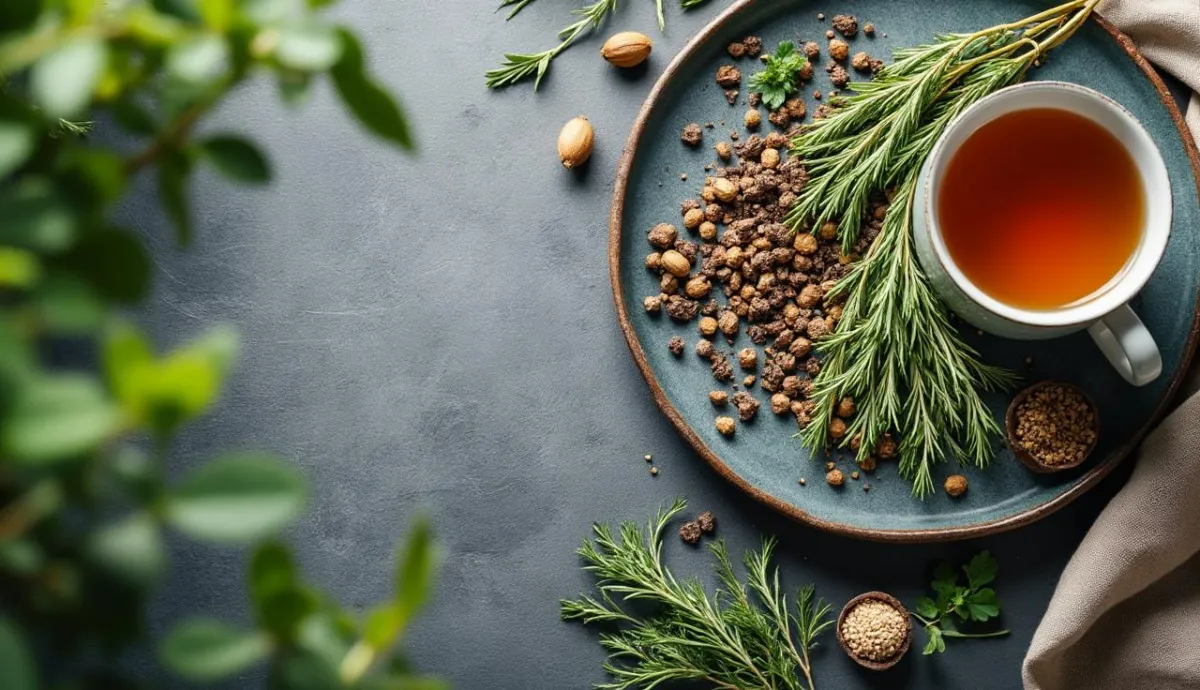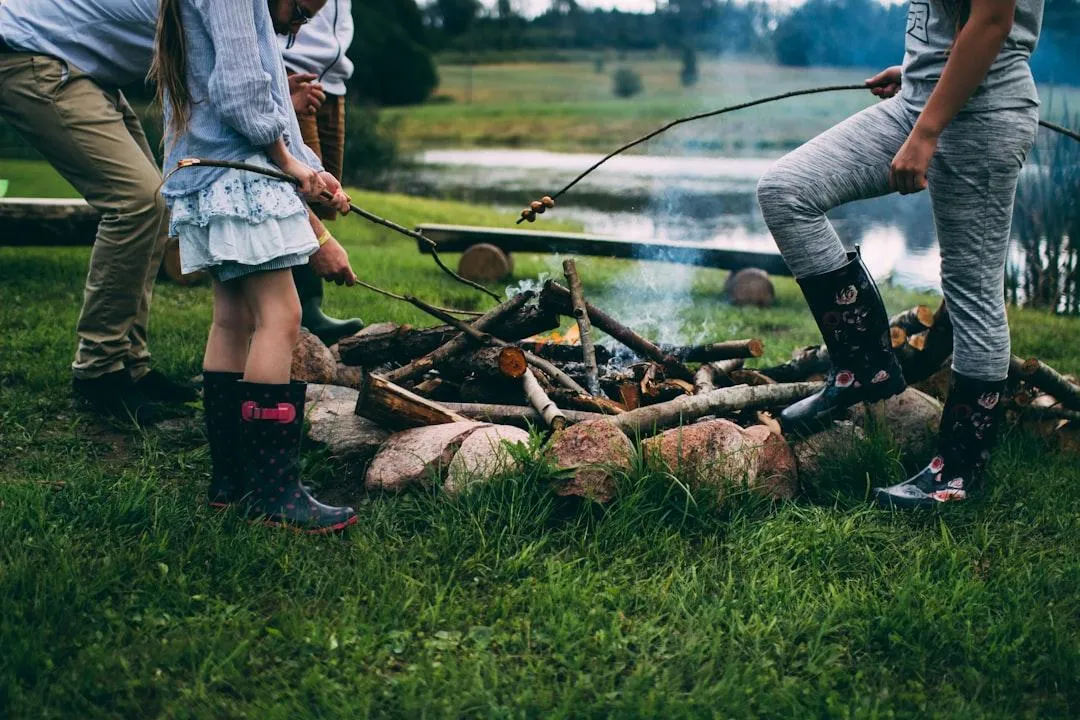
HOMESTEAD FANATIC BLOG
Discover amazing destinations, plan your perfect trip, and book unforgettable experiences. Our travel website makes traveling around the world easy, enjoyable, and hassle-free.
EXPLORE GREAT PLACES
THE HOMESTEAD BLOG

The Best Herbs for Sleep: Homesteading Secrets for Better Rest
In today’s fast-paced world, getting a good night’s sleep can be a challenge. Stress, anxiety, and modern lifestyle habits often interfere with our ability to relax and unwind. For homesteaders and those seeking a natural approach to wellness, herbs have been a time-tested remedy for promoting restful sleep.
In this guide, we’ll explore the best herbs for sleep, how to grow and harvest them on your homestead, and how to use them effectively for better rest.
Why Use Herbs for Sleep?
Herbal remedies have been used for centuries to support relaxation and sleep. Unlike prescription sleep aids, which can cause dependency and unwanted side effects, herbs offer a gentler, natural alternative. Many sleep-promoting herbs work by calming the nervous system, reducing stress, and balancing hormones that regulate sleep cycles.
Top Herbs for Sleep and How to Use Them
1. Chamomile (Matricaria chamomilla)
Chamomile is one of the most well-known sleep-inducing herbs. It contains apigenin, an antioxidant that binds to receptors in the brain to reduce anxiety and promote sleepiness.
How to Use:
Brew a calming chamomile tea before bedtime.
Use chamomile essential oil in a diffuser for relaxation.
Make a chamomile tincture for concentrated effects.
Growing Chamomile:
Prefers well-drained soil and full sun.
Harvest flowers when fully open for the best potency.
2. Valerian Root (Valeriana officinalis)
Valerian root is often called “nature’s Valium” due to its strong sedative effects. It increases GABA levels in the brain, helping to reduce nervous tension and promote deep sleep.
How to Use:
Make a valerian root tea or tincture.
Take valerian supplements (capsules or extracts).
Add dried valerian root to a sleep pillow.
Growing Valerian:
Thrives in moist, well-drained soil with partial sun.
Harvest roots after the second year for maximum potency.
3. Lavender (Lavandula angustifolia)
Lavender is famous for its calming scent, which helps lower heart rate and blood pressure, preparing the body for restful sleep.
How to Use:
Add dried lavender flowers to sleep sachets.
Use lavender essential oil in a diffuser or as a pillow spray.
Drink lavender tea for a soothing effect.
Growing Lavender:
Prefers dry, well-drained soil and full sun.
Prune regularly to encourage bushy growth.
4. Passionflower (Passiflora incarnata)
Passionflower is a powerful sleep aid that reduces anxiety and improves sleep quality by increasing GABA levels in the brain.
How to Use:
Brew passionflower tea.
Take a tincture before bed.
Use dried passionflower in herbal blends.
Growing Passionflower:
Needs full sun and well-drained soil.
Grows as a vine, requiring a trellis for support.
5. Lemon Balm (Melissa officinalis)
Lemon balm is a member of the mint family and is known for its calming properties, reducing stress and promoting sleep.
How to Use:
Make a lemon balm tea.
Use fresh or dried leaves in aromatherapy blends.
Add to bedtime bathwater for relaxation.
Growing Lemon Balm:
Thrives in partial shade and moist soil.
Cut back regularly to prevent it from becoming invasive.
6. Hops (Humulus lupulus)
Hops are traditionally used in brewing beer, but they also have natural sedative effects that make them a great sleep aid.
How to Use:
Brew hops tea.
Use dried hops in sleep pillows.
Combine with valerian root for enhanced effects.
Growing Hops:
Requires a sunny location and well-drained soil.
Grows as a vine, needing a trellis or support structure.
7. Ashwagandha (Withania somnifera)
Ashwagandha is an adaptogenic herb that helps regulate stress hormones and balance the body's circadian rhythm.
How to Use:
Take ashwagandha supplements.
Brew ashwagandha tea or use powdered root in warm milk.
Use in herbal capsules for stress relief.
Growing Ashwagandha:
Thrives in warm climates with sandy soil.
Harvest roots after one full growing season.
Creating Your Own Herbal Sleep Remedies
One of the best parts of homesteading is creating your own natural remedies. Here are some simple herbal sleep recipes to try:
1. Sleepy Time Tea Blend
Ingredients:
1 tbsp dried chamomile flowers
1 tbsp dried lemon balm leaves
1 tsp dried passionflower
1 tsp dried lavender flowers
2 cups hot water
Directions:
Mix all herbs together in a teapot.
Pour hot water over the herbs and steep for 10 minutes.
Strain and enjoy 30 minutes before bedtime.
2. Herbal Sleep Pillow
Ingredients:
½ cup dried lavender
½ cup dried hops
¼ cup dried chamomile
Small fabric bag
Directions:
Mix the dried herbs together.
Fill the fabric bag and sew it shut.
Place under your pillow or near your bed.
3. Calming Bedtime Tincture
Ingredients:
1 cup dried valerian root
½ cup dried passionflower
1 cup dried lemon balm
2 cups vodka or glycerin
Directions:
Place herbs in a glass jar.
Cover with vodka or glycerin and seal the jar.
Let sit for 4-6 weeks, shaking occasionally.
Strain and store in a dropper bottle. Take 1-2 droppers before bed.
Final Thoughts
Using herbs for sleep is a natural and effective way to improve rest without relying on synthetic medications. By growing these herbs on your homestead, you not only ensure a fresh and sustainable supply but also deepen your connection with nature and traditional wellness practices.
Whether you choose to drink herbal teas, use essential oils, or create tinctures, incorporating these sleep-enhancing herbs into your nightly routine can lead to better, more restful sleep.
Start growing and experimenting with these herbal remedies today, and unlock the homesteading secrets to a peaceful night’s rest!

POPULAR QUESTIONS
Asked Questions ?
Many people interested in homesteading ask about how to get started, what animals and crops are best for beginners, and ways to generate income from their land. Food preservation techniques are also a common topic, as self-sufficiency plays a key role in homesteading success. These FAQs provide a helpful starting point for anyone looking to embrace a more independent and sustainable lifestyle.
What is homesteading?
Homesteading is a lifestyle focused on self-sufficiency, which often includes growing your own food, raising livestock, preserving food, and using sustainable practices to reduce reliance on modern systems.
How do I start homesteading with little or no land?
Even if you don’t have a large property, you can start small by container gardening, keeping backyard chickens (if permitted), composting, and learning essential skills like food preservation and DIY projects.
What animals are best for a beginner homesteader?
Chickens, rabbits, and ducks are great starter livestock. They require less space, are relatively easy to care for, and provide eggs or meat while helping with pest control.
How can I make money from homesteading?
Many homesteaders generate income by selling eggs, honey, homemade goods, fresh produce, handmade crafts, or even offering homestead-related workshops.
What are the best crops for beginner homesteaders?
Easy-to-grow crops include tomatoes, zucchini, lettuce, radishes, and herbs like basil and mint. These require minimal maintenance and provide a great starting point for new homesteaders.
How do I preserve food for long-term storage?
Canning, dehydrating, freezing, and fermenting are all effective ways to preserve food. Each method has its benefits, depending on the type of food and your available storage space.

Your Gateway to Global Adventures Await Here.
Quick Links
Home
About Us
Services
Blog
Quick Links
Email:
